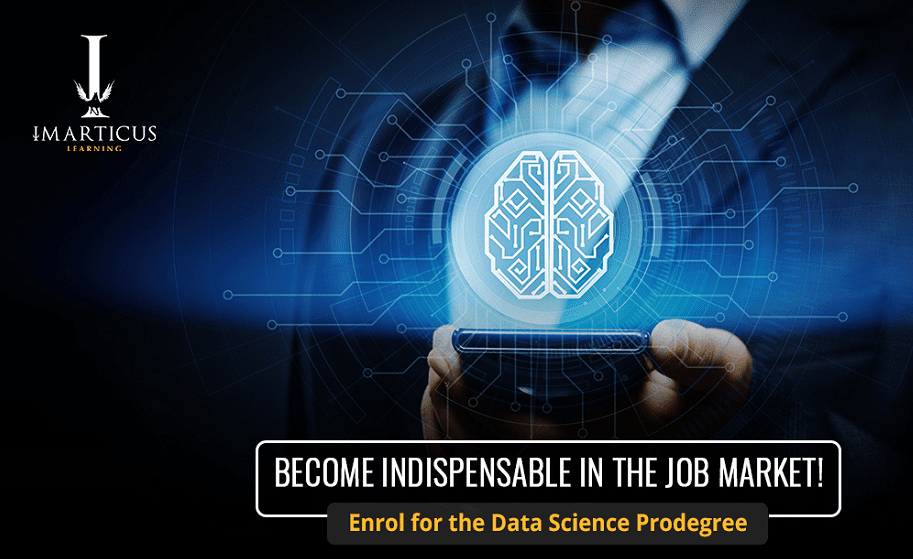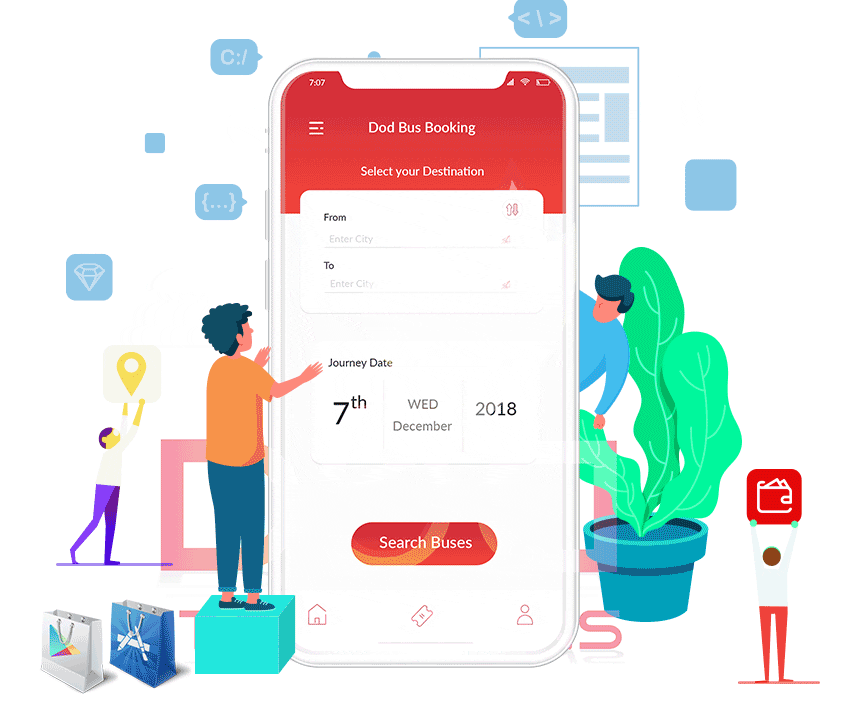In this era of electronic and digital devices, most people are using Big Data, ML, AI and such without really understanding what goes on to provide those services. Data is at the very center of any application and the sheer volumes of data generated, the variety of sources and formats, the need to manage, clean, prepare and draw inferences for business purposes and making decisions is being used extremely widely. And this spawning of data, means the projects involve Big Data and that technology has to evolve and changes to manage it. This also indirectly implies the need for Hadoop developers. The relationships are symbiotic and spur growth in each other’s needs.
Why Choose Big Data Hadoop As a Career
• Since data is an asset people trained on handling the large amounts of data performing analytics on it and providing the right gainful assets for business decisions are also fast being considered invaluable assets.
• Those employees who do not re-skill to include managing Big Data face the risks of getting laid off. For example, TCS, Infosys, and many other data giants laid off nearly 56,000 people in just one year.
• 77% of the companies and verticals across industries are adapting to use Big Data. Thus many are recruiting data analysts and scientists. Even the non-IT sector!
• The payouts are second to none in the category and a large number of aspirants are taking up formal Hadoop careers, both newbies and those changing careers mid-way.
• Data is growing and will continue to be used even in the smallest of devices and applications creating a demand of personnel to handle Big Data.
The Hadoop Career Choice
Pros:
• Big data applications and demand for trained personnel shows tremendous growth.
• Job scope is unending since data continues to grow exponentially and is used by most devices today.
• Among the best technology for managing Big Data sets Hadoop scores as the most popular suite.
• The salaries and payouts globally are better than for other jobs.
• Most verticals and industries, a whopping 77%, are switching tracks to use Big Data.
• Hadoop is excellent at handling petabytes of Big Data.
Cons:
• Your skills need to be of practical nature and constantly updated to keep pace with evolving technology.
• You need a combination of skills that may require formal training and is hard to assimilate on your own before you land the job.
How to Land that Dream job
Today it would be exceptional if a company does not use Hadoop and data analytics in one form or the other. Among the ones that you can easily recollect are New York Times, Amazon, Facebook, eBay, Google, IBM, LinkedIn, Spotify, Yahoo!, Twitter and many more. Big Data, Data Analytics, and Deep Learning are widely applied to build neural networks in almost all data-intensive industries. However, not all are blessed with being able to learn, update knowledge and be practically adept with the Hadoop platform which requires a comprehensive ML knowledge, AI deep learning, data handling, statistical modeling and visualization techniques among other skills.
One can do separate modules or certificate Big-Data Hadoop training courses with Imarticus Learning who provide such learning as short-term courses, MOOCs, online classrooms, regular classrooms, and even one-on-one courses. Choices are aplenty with materials, tutorials and options for training being readily available thanks to high-speed data and visualization made possible by the internet.
Doing a formal Hadoop training course with certification from a reputed institute like Imarticus Learning helps because:
• Their certifications are widely recognized and accepted by employers.
• They provide comprehensive learning experiences including the latest best practices, an updated curriculum, and the latest training platforms.
• Employers use the credential to measure your practical skills attained and assess you are job-prepared.
• It adds to your resume and opens the doors to the new career.
• Knowledge in Big Data is best imbibed through hands-on practice in real-world situations and rote knowledge gained of concepts may not be entirely useful.
The best courses for Big data Hadoop and Advanced Analytics are available at the IIMs at Lucknow, Calcutta, and Bangalore at the IITs of Delhi and Bombay. This is an apt course for people with lower experience levels since their curriculum covers a gamut of relevant topics in-depth with sufficient time to enable you to assimilate the concepts.
The Big data training courses run by software training institutes like Imarticus are also excellent programs which cost more but focus on training you, with the latest software and inculcating practical expertise. Face-to-face lab sessions, mandatory project work, use of role-plays, interactive tutoring and access to the best resources are also very advantageous to you when making the switch.
Job Scope and Salary Offered:
Persons with up to 4 years experience can expect salaries in the range of 10-12 lakhs pa at the MNCs according to the Analytics India Magazine. Yes, the demand for jobs in this sector will never die down and is presently facing an acute shortage.
Hadoop Course Learning:
You can use online resources and do it yourself using top10online courses.com. However, formal training has many advantages and is recommended. Join the Hadoop course at a reputed institute like Imarticus Learning.
Hadoop has a vast array of subsystems which are hard to learn for the beginner without formal training. The course helps you assimilate the ecosystem and apply these systems to solving real-world industry-related problems in real-time through assignments, quizzes, practical classes and of course do some small projects to show off your newly acquired skills. The best part is that you have certified trainers leading convenient modes and batches to help you along even if you are already working.
The steps that follow are the Hadoop progressive tutorial in brief.
• Hadoop for desktop installation using the Ambari UI and HortonWorks.
• Choose a cluster to manage with MapReduce and HDFS.
• Use Spark, Pig etc to write simple data analysis programs.
• Work on querying your database with programs like Hive, Sqoop, Presto, MySQL, Cassandra, HBase, MongoDB, and Phoenix.
• Work the ecosystem of Hadoop for designing applications that are industry-relevant.
• Use Hue, Mesos, Oozie, YARN, Zookeeper, and Zeppelin to manage your cluster.
• Practice data streaming with real-time applications in Storm, Kafka, Spark, Flume, and Flink.
• Start building your project portfolio and get on GitHub.
Conclusion:
In parting, India and the bigger cities like Bangalore, Hyderabad, and Mumbai are seeing massive growth in the need for Hadoop developers. You will also benefit from a Hadoop training course in Data Analytics and it is worth it when your certification helps you land the dream career you want. So don’t wait. Take that leap into Hadoop today!
 I came across Imarticus’ data science course and, after thorough research, decided to enroll for it. I completed the course and have been placed at M Technologies through Imarticus.
I came across Imarticus’ data science course and, after thorough research, decided to enroll for it. I completed the course and have been placed at M Technologies through Imarticus.


